QS Summit on AI and Higher Education
According to Professor Alexa Alice Joubin, meta-cognition and critical questioning skills are among the most important competency in the era of artificial intelligence. Prof. Joubin spoke at the QS Summit.
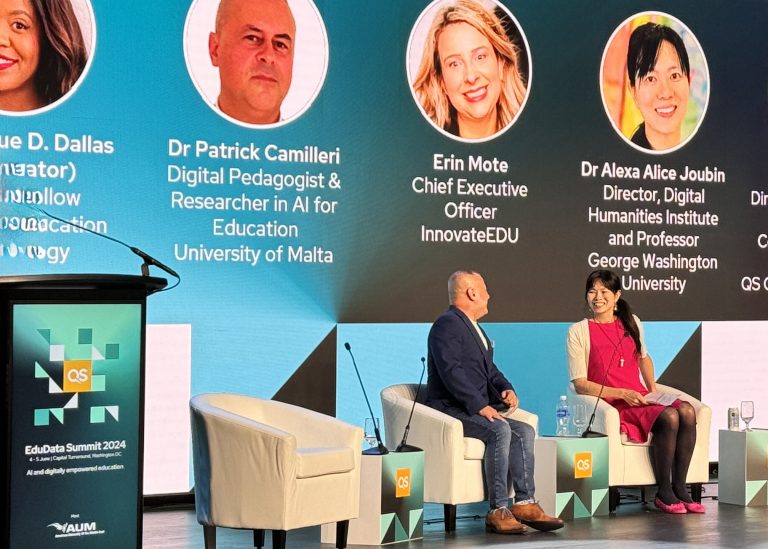
According to Professor Alexa Alice Joubin, meta-cognition and critical questioning skills are among the most important competency in the era of artificial intelligence. Prof. Joubin spoke at the QS Summit.
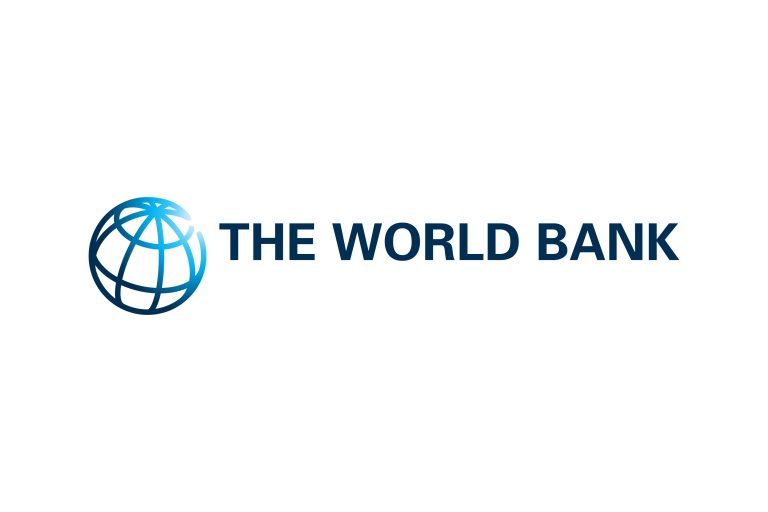
During her talk at the World Bank, Alexa Alice Joubin raised questions about the intersectionality of technology and art. Art is front and center in digital transformations of our society today. Art fosters creativity, and creative thinking leads to social change.
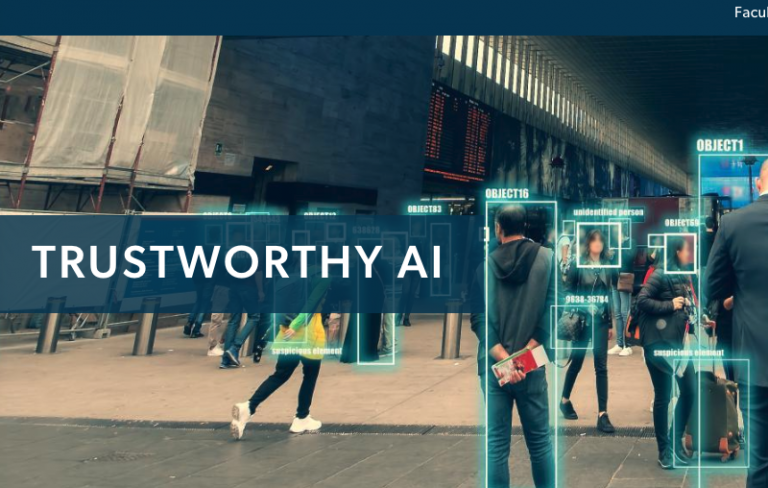
In April, 2024, George Washington University launched the Trustworthy Artificial Intelligence Initiative. Here is the news story. The Digital Humanities Institute is a partner program, and Profess Alexa Alice Joubin is a TAI faculty. As transformative AI becomes increasingly embedded in complex systems, policy makers and researchers must determine how to govern and evaluate this…
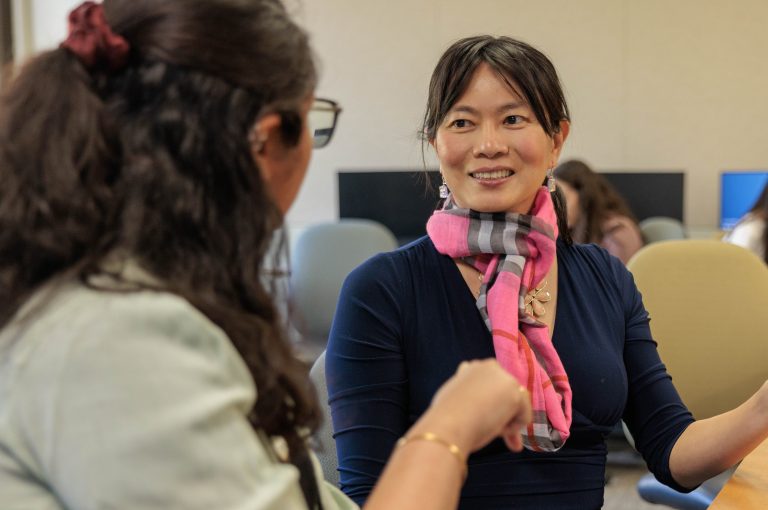
Alexa Alice Joubin views it as her responsibility to teach students how to use ChatGPT responsibly, not as a shortcut. “In our inquiry-driven culture, we need to know how to retrieve information through queries,” Joubin said. “Further, democratic society needs good question-askers as much as good problem-solvers. Asking key questions helps to advance scholarly fields, and students develop editorial, curatorial and critical questioning skills that are employable skills and the foundation of civil society in an era of ChatGPT.”
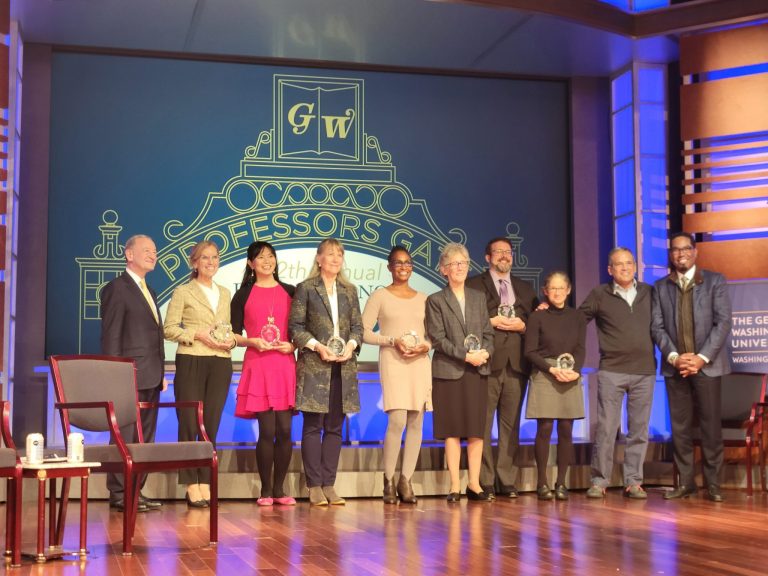
GW Digital Humanities Institute founding co-director Alexa Alice Joubin received the Trachtenberg award for research as well as a Writing in the Discipline teaching award in 2022.
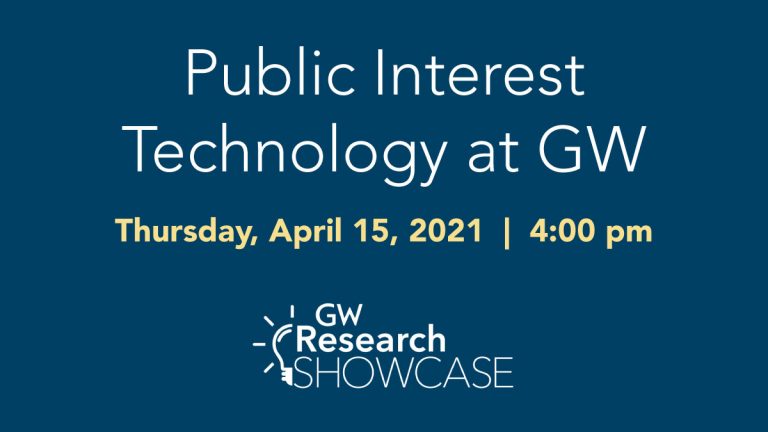
Moderated by Dr. Susan Aaronson, Director of the Digital Trade and Data Governance Hub, the Public Interest Technology panel will provide snapshots of research being conducted in this area and its impact in the world. The professional field of public interest technology is working to shape the way we think about technology to solve public…
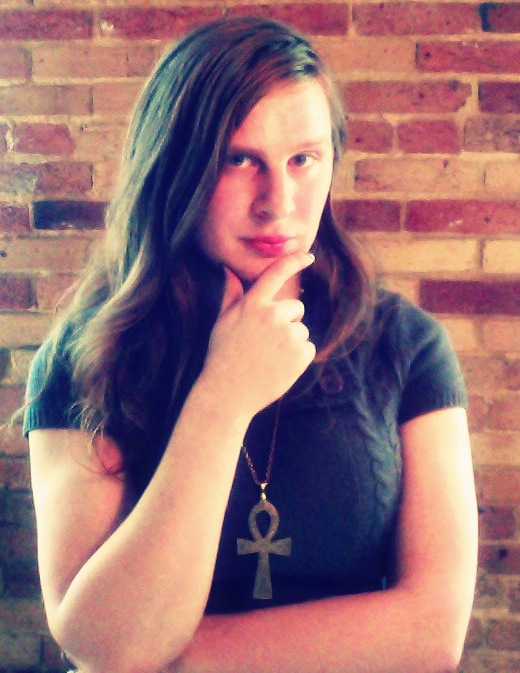
Announcement: M.W. Bychowski published an article, “Unconfessing Transgender: Dysphoric Youths and the Medicalization of Madness in John Gower’s “Tale of Iphis and Ianthe” in the OA journal Accessus Abstract: On the brink of the twenty-first century, Judith Butler argues in “Undiagnosing Gender” that the Diagnostic and Statistical Manual of Mental Disorders (DSM) defines the psychiatric condition of…
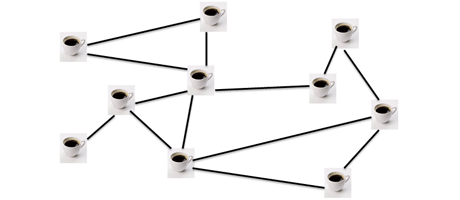
TODAY at noon in Phillips 411. CCAS Faculty CAN (Coffee And Networking) event of interest to digital humanists! Faculty Coffee and Networking (Faculty CAN) Title: Big Data, Machine Learning, and Frontiers of Data Science Date / Time: Wednesday, November 16, 12 – 1pm Location: Phillips 411 Sign Up: Registration site (optional but encouraged) Event Description: The explosion of data is rapidly…
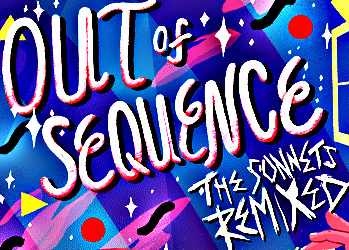
Announcement: The born-digital artistic and literary compilation Out of Sequence: The Sonnets Remixed (previously discussed on this very blog) now exists in print! D Gilson, now an alumnus of The George Washington University, was its editor, and the collection includes contributions by GW faculty and gradute students. You can read the entire collection online at Upstart: A Journal…

As previously announced on this blog, GW has been awarded a substantial Andrew W. Mellon grant to support “Resilient Networks to Support Inclusive Digital Humanities.” Competitive jump-start grants of $5000 are now being offered to member-institution faculty pursuing digital humanities projects! Read more about the scale and scope of the Mellon grant here. If you wish…